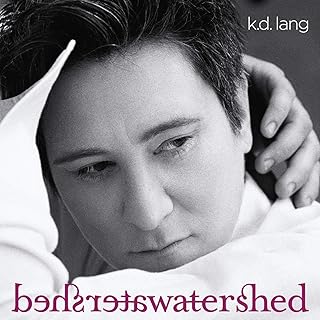The pod-ification of everyday products has become a ubiquitous trend, epitomized by items like coffee pods, AirPods, and laundry detergent pods. These products, characterized by sleek designs and sealed compartments, evoke a sense of futuristic utility in our daily routines.
One notable milestone in the history of pods was in 1998 when Green Mountain Coffee Roasters introduced coffee pods for the Keurig machine, revolutionizing the way Americans consumed coffee. The shift towards individualized pods marked a departure from communal coffee brewing, emphasizing personal preference over shared rituals.
While pods like K-Cups offer convenience and consistency, they also reduce the coffee-drinking experience to a mere caffeine delivery system for some users. The pod’s appeal lies in its ability to standardize portions and eliminate variability, ensuring a uniform outcome with each use.
Moreover, pods extend beyond physical products to include experiences like AirPods and nap pods. AirPods, with their noise-canceling technology, promise an immersive audio experience tailored to individual ears, creating a personalized bubble of sound amidst external distractions.
Nap pods, such as the EnergyPod, offer a brief escape from the workday, providing a secluded space for a quick recharge. These pods encapsulate users in a cocoon of tranquility, shielding them from external stimuli and fostering a consistent restorative experience.
The pod phenomenon reflects a broader cultural shift towards standardizing experiences. By isolating users from their surroundings, pods aim to deliver consistent encounters regardless of external factors, offering a controlled environment for relaxation, productivity, or connection.
However, the pod’s allure extends beyond consumer goods, as seen in the conversation pods on shows like Love Is Blind, which facilitate genuine interactions by isolating participants from visual cues. This encapsulated setting strips away biases, encouraging open-mindedness and fostering authentic connections.
As society grapples with self-isolation measures amid the COVID-19 pandemic, the pod’s dual nature as a symbol of enclosure and flexibility becomes increasingly relevant. Individuals are tasked with adapting to remote work environments while being physically distanced from others, embodying the pod’s paradoxical blend of seclusion and adaptability.
Ultimately, the pod represents a shift in how we perceive and consume experiences, offering a concentrated, encapsulated version of reality that can be accessed and controlled at will. Whether in the form of consumer products or social constructs, pods encapsulate a desire for standardized encounters in an increasingly unpredictable world.
📰 Related Articles
- Y2K Fashion Resurgence: Nostalgia Meets Modern Sustainability
- Western Australia Camping: Diverse Experiences Await Nature Enthusiasts
- Wedding Websites: The Modern Essential for Couples and Guests
- Wedding Sheet Cakes: A Modern Twist on Traditional Desserts
- Vogue’s Boho Dresses: Effortless Elegance with Modern Twist


